5 AI Quick Wins Every Operations Team Can Implement Today
While your executives debate comprehensive AI strategy, your operations team is drowning in repetitive tasks that AI could handle this afternoon. These aren't transformational initiatives requiring board approval—they're practical tools that solve immediate problems and demonstrate AI value to skeptical stakeholders.
Each of these implementations takes less than a week to deploy and costs under $500 monthly. More importantly, they generate measurable time savings that build credibility for bigger AI investments down the road.
1. Automated Email Classification and Routing
The Problem: Your team manually sorts through hundreds of emails daily, deciding which department handles what request. Customer inquiries sit in generic inboxes while team members play email ping-pong.
The AI Solution: Tools like Microsoft Viva or Zendesk's AI classification automatically route emails based on content, urgency, and sender patterns. The AI learns from your existing email patterns and improves accuracy over time.
Implementation: Connect your current email system, train the AI on 200-300 historical emails per category, and set up routing rules. Most teams see 80% accuracy within the first week.
Expected Impact: Save 2-3 hours daily on email management, reduce response times by 40%, eliminate misdirected customer inquiries.
Cost: $200-400/month depending on email volume.
2. Intelligent Document Data Extraction
The Problem: Someone on your team manually enters data from invoices, contracts, or forms into spreadsheets or databases. It's mind-numbing work that's prone to errors and takes hours each week.
The AI Solution: Document AI tools like Microsoft Form Recognizer or Google Document AI extract key data points from uploaded documents automatically. They handle varying formats and learn your specific document types.
Implementation: Upload 50-100 sample documents to train the model, define the data fields you need extracted, and set up automated workflows. Integration with existing systems usually takes 2-3 days.
Expected Impact: Reduce data entry time by 70-90%, eliminate transcription errors, free up staff for higher-value work.
Cost: $150-300/month based on document volume.
3. Predictive Inventory Alerts
The Problem: You either run out of critical supplies at the worst possible time or tie up cash in excess inventory. Manual reorder tracking is reactive and often wrong.
The AI Solution: Inventory AI analyzes usage patterns, seasonal trends, and lead times to predict when you'll need to reorder. Tools like TradeGecko AI or Zoho Inventory's forecasting module integrate with existing inventory systems.
Implementation: Connect your current inventory data, let the AI analyze 6-12 months of historical usage, and set up automated alerts. No changes to your existing workflow required.
Expected Impact: Reduce stockouts by 60%, decrease excess inventory by 30%, automate 80% of routine reorder decisions.
Cost: $250-450/month depending on SKU count.
4. Meeting Summary and Action Item Extraction
The Problem: Your team spends 15 minutes after every meeting writing up notes and action items. Important decisions get lost in email threads, and follow-up tasks fall through the cracks.
The AI Solution: Meeting AI tools like Otter.ai Business or Microsoft Teams Premium automatically transcribe meetings, identify key decisions, and extract action items with assigned owners and deadlines.
Implementation: Enable recording permissions, connect the AI to your calendar system, and set up automated summary distribution. Works with Zoom, Teams, or Google Meet out of the box.
Expected Impact: Save 15-20 minutes per meeting on note-taking, increase action item completion rates by 50%, create searchable meeting archives.
Cost: $200-350/month for team licenses.
5. Customer Inquiry Response Drafting
The Problem: Your customer service team writes similar responses to common questions dozens of times daily. Even with templates, each response requires customization and quality checking.
The AI Solution: AI writing assistants like Zendesk Answer Bot or Intercom's Resolution Bot analyze incoming inquiries and draft personalized responses based on your knowledge base and previous successful interactions.
Implementation: Connect your existing customer service platform, upload your FAQ database and response templates, and set up human review workflows. The AI learns from approved responses to improve future drafts.
Expected Impact: Reduce response writing time by 50-70%, improve response consistency, enable faster handling of routine inquiries.
Cost: $300-500/month depending on ticket volume.
Implementation Strategy: Start With One
Don't try to implement all five simultaneously. Pick the quick win that addresses your biggest daily frustration and deploy it properly before moving to the next. Success with one AI tool builds confidence and expertise for the others.
Week 1: Choose your target problem and sign up for a trial Week 2: Set up the AI tool and train it on your data Week 3: Run parallel testing while maintaining current processes Week 4: Measure results and get team feedback
Building the Case for Bigger AI Investments
These quick wins serve a dual purpose. They solve immediate operational problems while generating the data and credibility you need for larger AI initiatives. Document time savings, error reductions, and team satisfaction improvements from each implementation.
When you're ready to propose that comprehensive AI strategy, you'll have concrete examples of AI working in your specific environment, not just vendor promises and case studies from other companies.
Your Next Step: Pick one repetitive task that frustrated someone on your team this week. Check if any of these five solutions address it directly. If yes, start a free trial today. If not, the problem-solving approach still applies—find the AI tool that automates your specific pain point rather than waiting for the perfect comprehensive solution.

